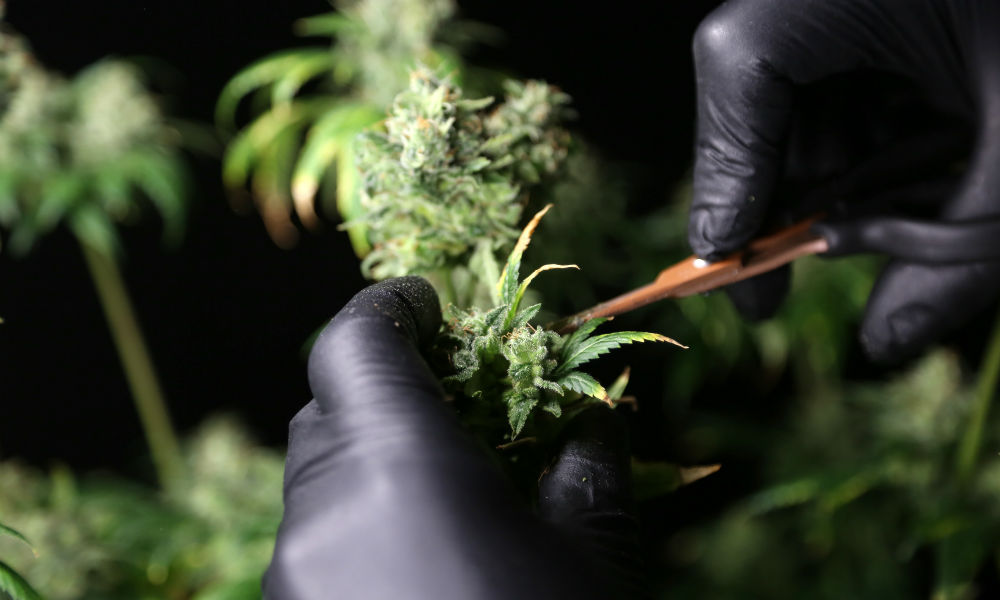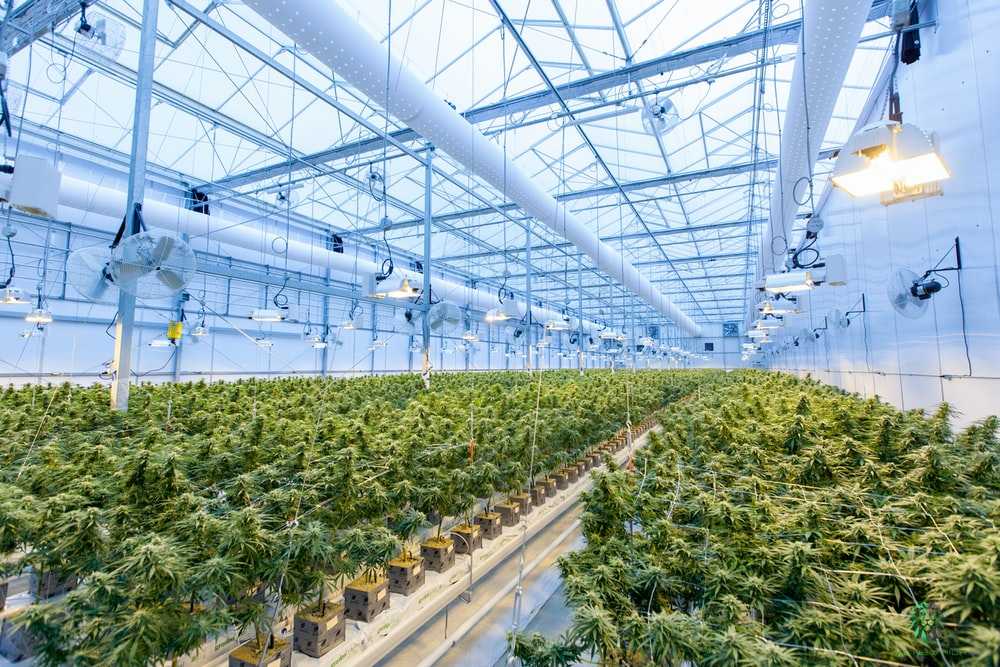
Last year, Canada officially legalized the use of marijuana for recreational purposes. It was a big win for all weed lovers in the country and all over the world. Canada became the second country to legalize marijuana after Uruguay pioneered the move entirely.
The legalization of marijuana has been a hot debate in many countries. For instance, in the USA, Los Angeles legalized marijuana in 1992 and 10 states have come to join in this campaign. The Tangie strain, for instance, is among the more popular marijuana strains out there today.
The rise of technology has changed our lives in every aspect. The cannabis industry has not been left behind in the technology revolution. Since cannabis was legalized in Canada, the country has had massive demand for the herb. Those in the retail business have been having a hard time keeping up with the demand. Luckily, technological advancements are used in an array of fields in the cannabis sector such as supply, e-commerce and the use of AI in the production process.
What Kind of Technology is being used in the Cannabis Industry?
#1. Artificial Intelligence
You cannot talk about technology without mentioning artificial intelligence. It is estimated that the AI and machine learning industry will grow to about $15.7 trillion by the year 2030. AI has had significance in the marijuana industry. This includes saving money, reducing errors and speeding up production processes.
In recent years, AI has had a significant impact on the e-commerce sector. A lot of businesses have been growing, because with the help of AI they can showcase their products and services to their customers. So, it makes sense that the marijuana industry would take advantage of AI.
For instance, the use of AI has been linked to personalizing customer experience through online delivery. Namaste technology is a leading seller of Cannabis. Since the business implemented the method of AI technology known as Findify, the company has increased its conversion rates and order value.
However, the businesses which are integrating AI are facing their share of challenges. They include
- Data collection is a hard task.
- Hiring people and teaching them how to use new forms of AI inflict huge costs.
- Security issues are a significant concern due to the complexity of AI.
#2. Blockchain
When it comes to handling money and the inability to work with banks, the cannabis industry always has had a problem. However, cryptocurrency is the solution that the marijuana industry needs to solve some of these issues.
A blockchain will facilitate how different individuals in the supply such as farmers, transporters, non-plant touching suppliers, dispensaries and ancillary service providers interact. The industry is bound to benefit from cryptocurrency which has fast transactions, high liquidity, and in-store payments through mobile apps.
There are 17 cannabis-related cryptocurrencies in the world. These platforms seek to help marijuana businesses avoid banking issues. There is excellent potential in using the blockchain industry. However, there is the challenge of money laundering, which has been linked to a lot of blockchain platforms. With the help of various governments, it would make the use of this technology easier.
#3. Mobile Application
Mobile applications have been on the rise ever since smartphones were introduced in the market. There is a mobile app for anything that you need. So, it is not a surprise for someone to come up with a cannabis oriented mobile app.
A lot of businesses are using mobile apps to serve all the ganja enthusiasts who are looking for some weed. The apps are helping people access cannabis without a struggle while simultaneously, businesses are adding clients from different regions.
Some of the mobile apps which are worth checking out include:
- Massroots
- Eaze
- HighThere
- Leafly
- WeGrow
#4. Internet of Things
The cannabis industry is growing to such a considerable extent that there is a wide range of opportunities. So how does the cannabis industry benefit from IoT? There are two ways in which the industry has adapted to IoT, they include:
- Smart Sensors. Farmers can now use creative measurement tools which help them in the growing of marijuana. The IoT sensors help in things such as measuring soil acidity, salt concentration, humidity and plant health. The relationship between IoT and cannabis has produced enormous benefits for farmers in crop production.
- Supply Chain Transparency. In the cannabis industry, consumers are always looking for a specific product. The use of IoT in the supply chain has helped to ease this problem.
Verdict
The growth of the marijuana industry is inevitable. The use of technology is helping it to become one of the most lucrative industries in the world.





